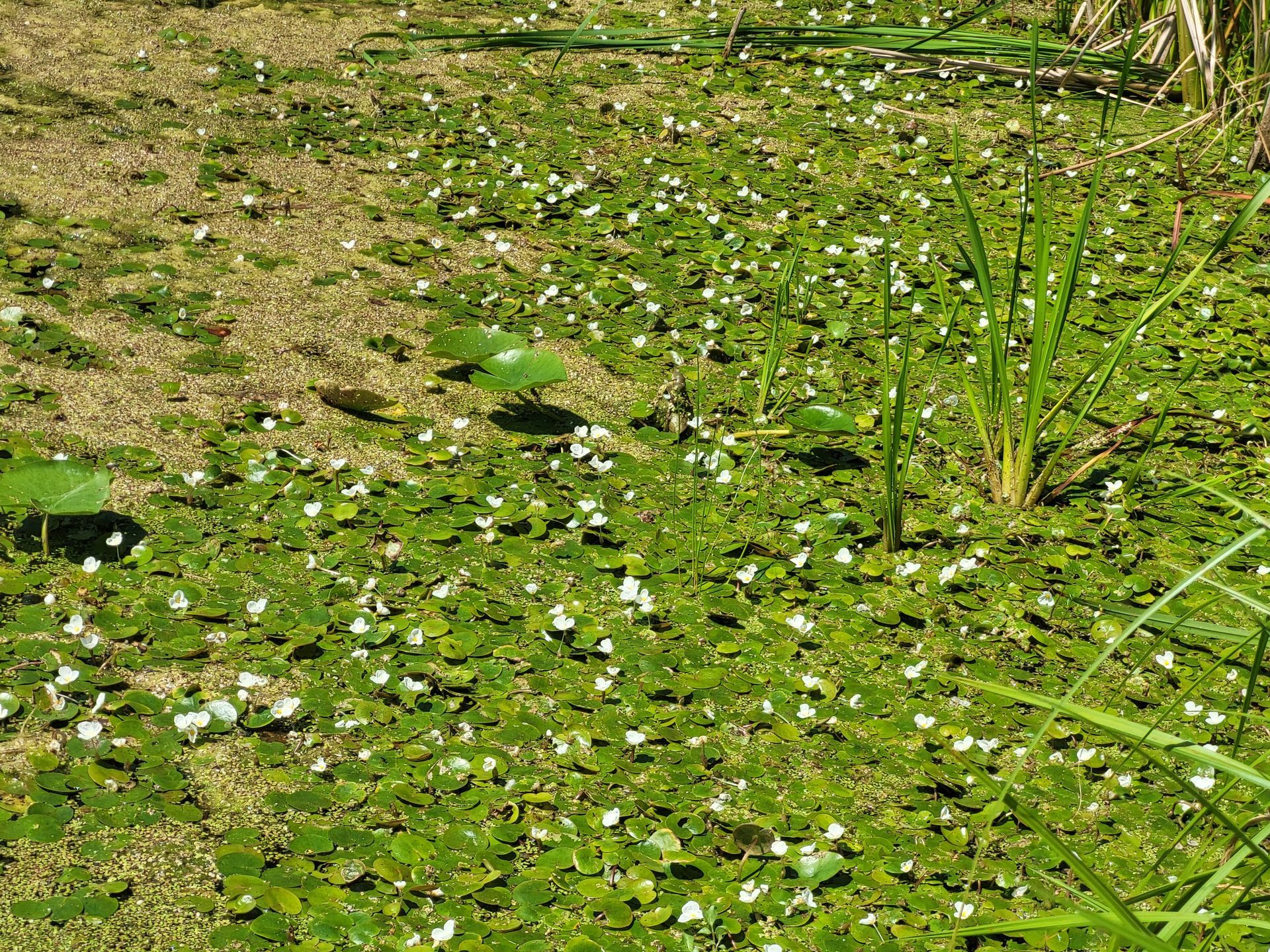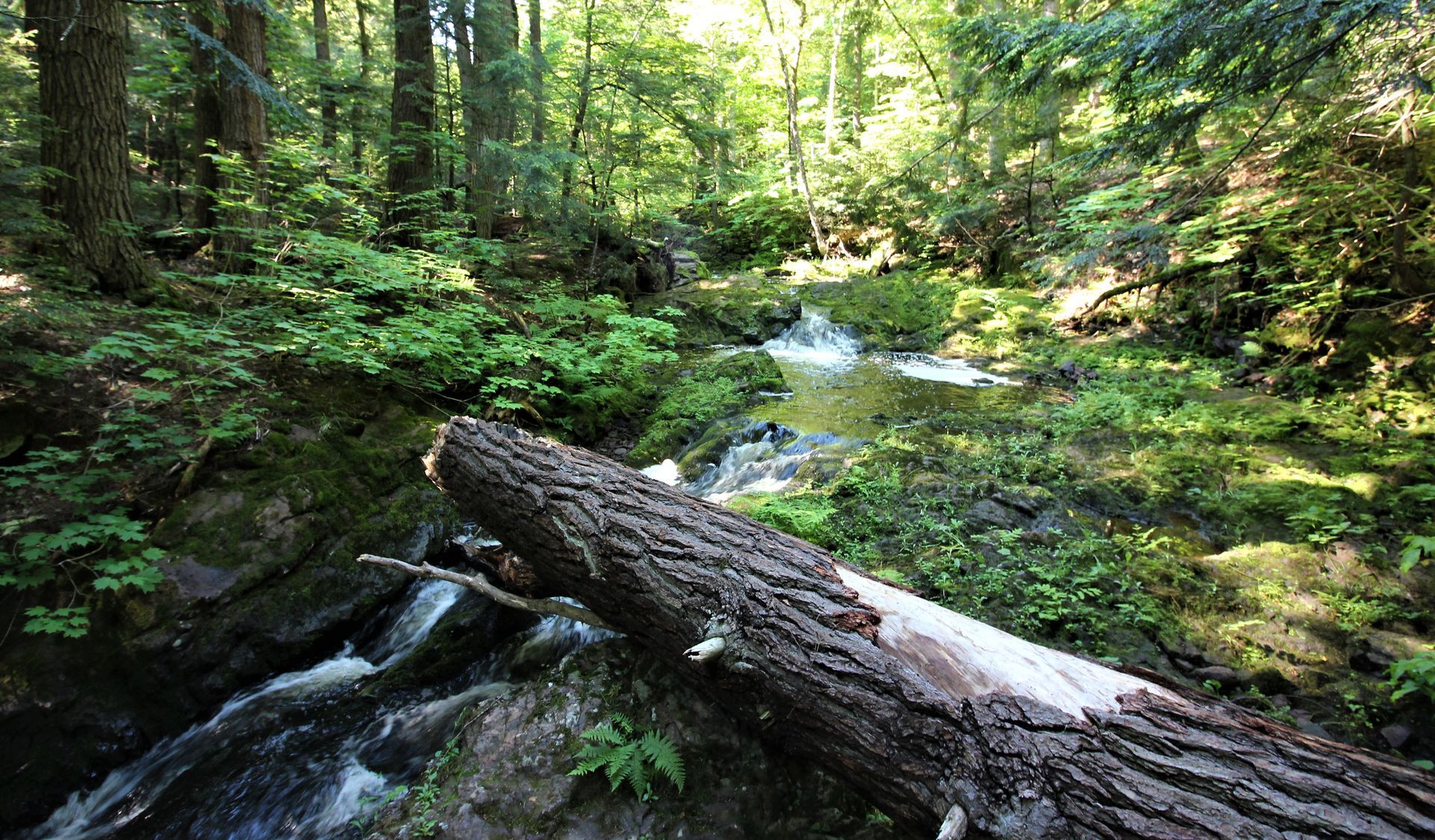Great Lakes Consent Decree negotiations tangled up
Recent court filings by a conservation coalition, tribes and others embroiled in fishery negotiations show how far the three-year process still has to go.
An existing Great Lakes Consent Decree signed in 2000 governs fishing regulations in certain waters of lakes Michigan and Huron from Grand Haven north around the tip of the mitt to Alpena and most of eastern Lake Superior. Primarily, the decree governs the balance between recreational and tribal commercial fishing of lake trout and whitefish through a zonal approach contained in the 2000 decree. That decree expired in 2020.
The Coalition to Protect Michigan Resources (CPMR) had been participating in the negotiations until recently. Due to the lack of progress and the lack of a chance to have real input into the negotiations, CPMR filed an appeal with the Sixth Circuit Court of Appeals in October, asking that the organization be included in the ongoing Great Lakes Consent Decree negotiations as a full party rather than an amicus, or “friend of the court,” group.
The State of Michigan, the United States and four of the Michigan tribes have opposed recognizing the Coalition as a party claiming that the parties are in the final stages of reaching an agreement and the CPMR involvement comes too late.
Despite this claim, no new agreement is on the horizon. On November 14, the Sault Ste. Marie Tribe opted out of the negotiations and asked the court to allow it to manage the fishery separately.
An indefinite extension
That same day, the court extended the 2000 Great Lakes Consent Decree indefinitely, stating “the Decree shall not expire until all objections to a proposed successor decree have been adjudicated.”
Numerous deadlines for a successor decree have been set, missed and extended. Failure to extend the decree with a successor decree in place would result in a lapse of regulation and threaten resource exploitation in the absence of regulations.
It’s clear that CPMR’s motion to intervene in July was timely, said president Tony Radjenovich.
“Continually, the parties of the negotiations have misrepresented timelines, progress and consensus to keep us from being included as a party,” Radjenovich said. “It’s evident through the court filings and the indefinite extension that the parties are not in the final stages of negotiations.”
The coalition was denied its first motion to intervene in a federal court over the summer and then had its request to reconsider denied. The judge wrote in the ruling that “[a]ll seven parties agree that they can submit a proposed successor decree to the court by September 30, and they do not want the [Coalition] to delay that deadline.”
Notwithstanding the September 30 deadline, six of the seven parties to the negotiations asked the Court for an indefinite extension of negotiations. At the same time, the Sault Tribe abandoned the negotiations and asked the court to allow it “to independently self-regulate.”
The Sault Tribe’s pending request to self-regulate and be removed from the consent decree is telling in several respects, said Radenjovich.
“Previous conversations lead us to believe that self-regulation by the Sault Tribe will end in little to no oversight of gear, locations or catch by the state,” Radenjovich said. “There can be no consent decree without the consent of the parties and an agreement that the fishery resource should be allocated roughly 50/50 between state-licensed anglers and the tribes.”
The coalition’s changing role
CPMR has its roots in a 1979 court ruling that affirmed fishing rights under an 1836 Treaty. In 1984, the coalition’s predecessor was granted “friend of the court” status as the first agreement on fishing rights was negotiated. It has worked closely on each iteration of the Great Lakes Consent Decree since.
Over the summer, CPMR’s role in the negotiations changed. The organization that had always been an interested stakeholder and engaged participant was cast aside, Radenjovich said.
“It became clear at the end of June that the Michigan DNR and State of Michigan were no longer interested in hearing what we had to say,” Radnjovich said. “Recreational anglers and conservationists have always had a voice in these negotiations; it is tough to see that change.”
What’s next?
The indefinite extension is bittersweet, Radjenovich said.
“A looming deadline is appreciated to help move the parties toward a goal line, but we understand the need to ensure there is no lapse in oversight,” Radjenovich said. “We hope that the appeals court will affirm our claim that the decree is nowhere near finalized and that our organization’s members could be irreparably harmed.”
In addition to appealing the decision on its motion to intervene, CPMR has also filed a motion to stay the entry of a new decree until CPMR’s appeal is heard. When the court will consider this motion is unclear.
The Coalition to Protect Michigan Resources depends on donations and membership dues from organizations to continue to pay for legal fees related to the negotiations. Please consider donating any amount you can to help us stay in the fight.
The post Great Lakes Consent Decree negotiations tangled up appeared first on Michigan United Conservation Clubs.
Recent Posts



